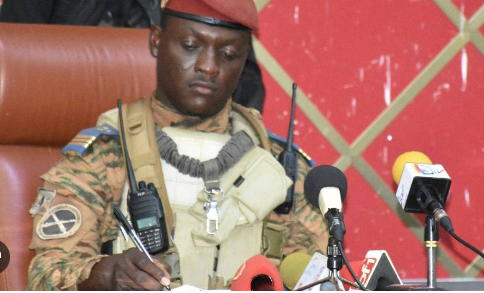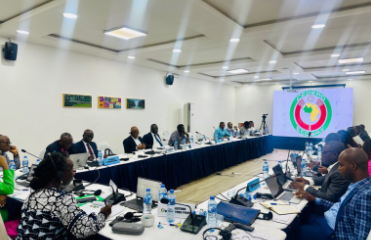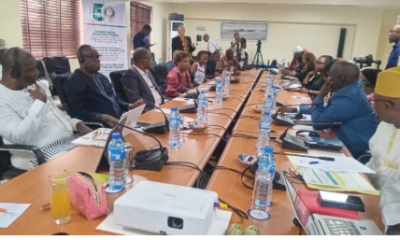News
Burkina Faso launches new passports, severing ties with ECOWAS
Burkina Faso has launched new passports without the ECOWAS logo, signaling a further deterioration of relations with the regional bloc. The country’s withdrawal from ECOWAS comes amid concerns about the impact on regional security and cooperation.


 Entertainment1 week ago
Entertainment1 week agoSinger Simi faces backlash after TikToker admits to false rape allegation

 Entertainment5 days ago
Entertainment5 days agoSimi addresses resurfaced 2012 tweets amid online backlash

 Comments and Issues1 week ago
Comments and Issues1 week agoNigeria’s Declining Oil Output and Soaring Foreign Portfolio Investment Inflow

 Comments and Issues1 week ago
Comments and Issues1 week agoEx-prince Andrew’s arrest, lessons for Nigeria

 Business1 week ago
Business1 week agoPENGASSAN warns Tinubu’s executive order on oil revenues could jeopardise 4,000 jobs

 Health6 days ago
Health6 days agoSCFN, LUTH introduce bone marrow transplants as curative treatment for sickle cell

 Comments and Issues1 week ago
Comments and Issues1 week agoThe Seyi Tinubu’s jellof rice, loaves of bread

 Football6 days ago
Football6 days agoHarry Kane nets brace as Bayern edge Frankfurt 3–2 to go nine points clear











